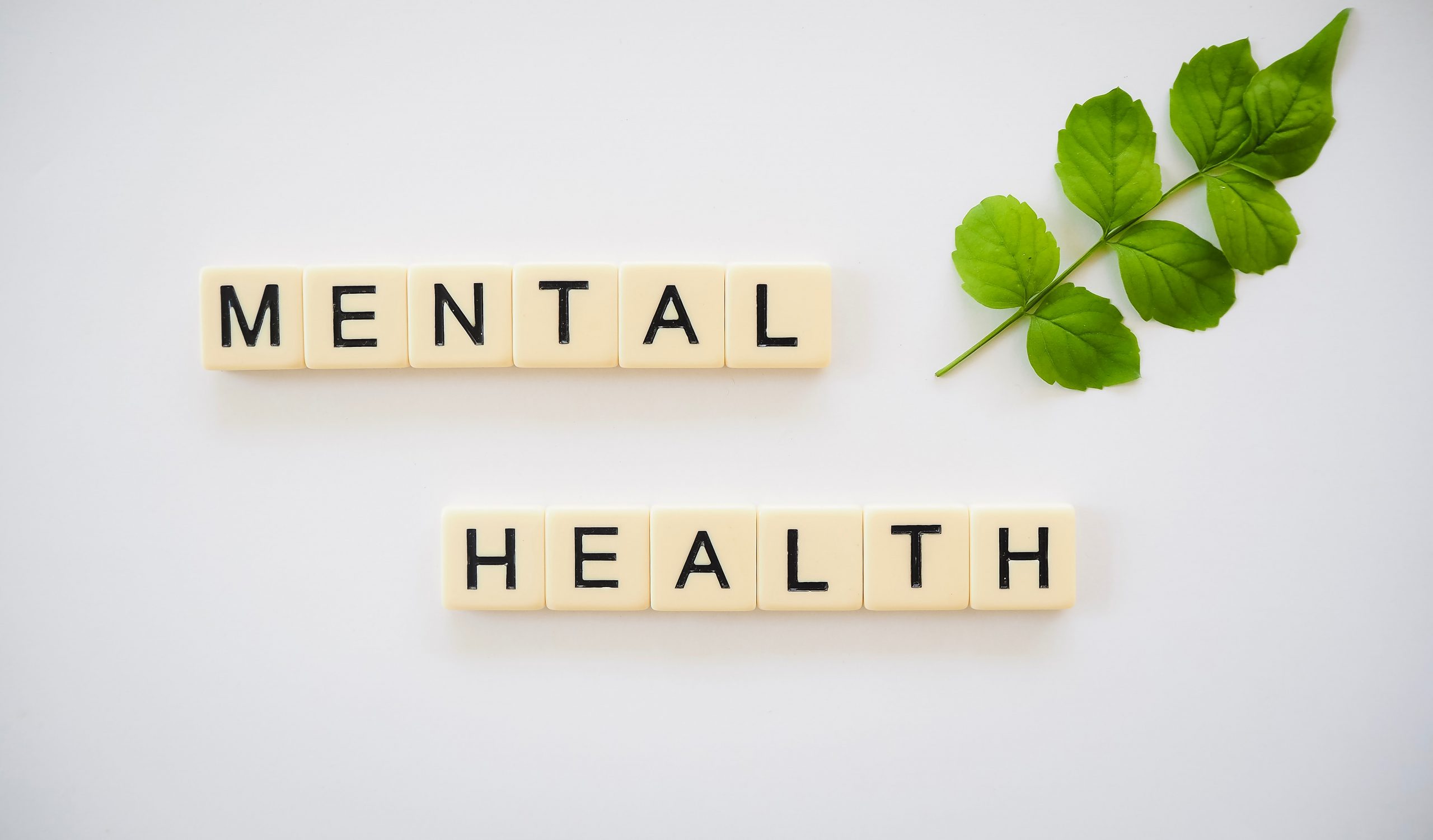
Food&Drink Editor Cara-Louise Scott discusses the heartbreaking mental health crisis and the term ‘snowflake,’ arguing children must be taught mental health in schools to debunk the stigma surrounding mental health because there is a person behind every statistic and we are not weak
It is estimated that 1 in 6 people in the past week will have experienced a common mental health problem. Around 1 in 5 of the world’s children and adolescents have a mental disorder, and about half of mental disorders begin before the age of 14. When these figures make up these disquieting statistics, there leaves no questions on why we should be pushing schools to teach children about mental health.
“We are often made to think that we should hide children from knowing topics considered ‘too grown up’ for them
Yet, 75% of children and young people who experience a mental health problem aren’t getting the help they need. Children’s mental health should be a priority.
Especially at such a young age, where, if left untreated, could lead to more serious issues down the line. It is important for children to feel loved, valued and safe. But this isn’t always the case and many children may not recognise its effect on their mental wellbeing.
We are often made to think that we should hide children from knowing topics considered ‘too grown up’ for them. But why should we associate mental health with being too sensitive for younger people when 50% of mental health issues begin by the age of 14?
Surely teaching children about mental health will positively push them to open up to their parents, teachers and friends about how they’re feeling and tackle these issues early on before they get worse.
In April this year, American singer and actress, Selena Gomez, launched a new Mental Health 101 educational campaign with the beauty brand she created called Rare Beauty. Gomez has spoken how the campaign is close to her heart because of her own battles with mental health.
“‘Being taught about my condition in school the way I was taught about other subjects – my journey could have looked very different’
Gomez argues ‘I know first hand how scary and lonely it can feel to face anxiety and depression by yourself at a young age. If I had learned about my mental health earlier on – being taught about my condition in school the way I was taught about other subjects – my journey could have looked very different.’
The initiative is dedicated to support education on mental health and encouraging financial support for more mental health services in educational services.
The goal is to raise $100 million which will be distributed to organisations that have created ‘evidence-based programs that address social and emotional learning in schools…and provide suicide prevention and crisis response in educational settings.’
Moreover, the Centre for Mental Health found that, on average, a young person with a mental health issue can wait up to ten years before getting the help they need. This effortlessly shows how there could be some significant benefits to teaching mental health in schools.
“I’d argue that mental health would be more pressing to learn about in schools than Pythagoras’ theorem
One benefit is that they will be able to open up about any difficulties they may have. Having a senior figure, such as a teacher, talking about mental health would give young people the confidence to speak about it to someone they trust.
Also, the stress children deal with mostly comes from school as this is where they spend most of their day and where they have to take exams to live up to often high standards.
Mental health should be considered to be its own subject alongside English, Maths, History and so on so forth. This would see children having a separate class to learn about mental health.
I truly think this would be useful as young people could learn about different mental health problems, how to prevent them and how to treat them. Most importantly, how to recognise symptoms in themselves, friends and family. I’d argue that this would be more pressing to learn about in schools than Pythagoras’ theorem.
“If suicide is the second leading cause of death in the Gen Z community, what cons could there be?
At the end of the day, if suicide is the second leading cause of death in the Gen Z community, what cons could there be in educating young people on mental health? As shown by the horrific statistics, there would only be more damage to come if we don’t push schools to delicately discuss mental health with their pupils.
We need to break stigmas surrounding this issue. Especially with papers using the term ‘snowflakes’ to stereotype the current generation as emotionally weak. This stereotyping of a generation as weak based on their mental well being takes away efforts to reduce mental health stigma – it undermines society valuing mental health equally with physical health.
If Physical Education is compulsory in schools – which is supposed to be important in promoting healthy eating, staying fit and looking after ourselves physically – then surely there should be a subject that covers mental health?
Overall, teaching mental health in schools would help break away stigma surrounding mental health, teaching people from a young age that it is okay to open up, making seeking help much more accessible to those that need it.
Read more on mental health from Life&Style here:
Should Yoga be Part of the School Curriculum?
Spotlight On: Insufficient Mental Health Support for Pregnant Women
Big Boys do Cry, So Let’s Talk About It

Comments